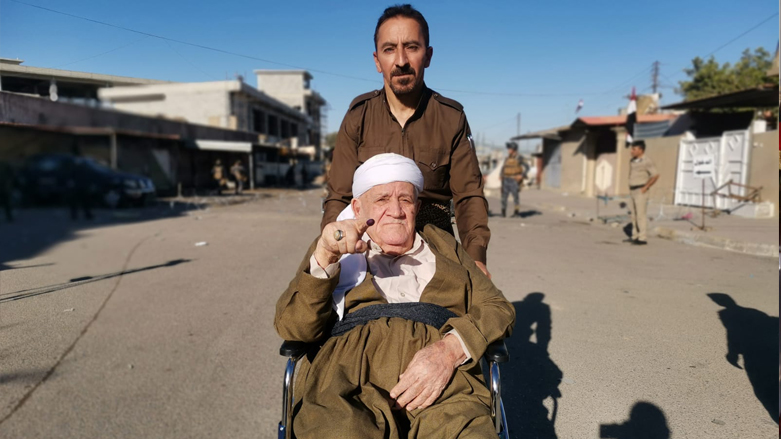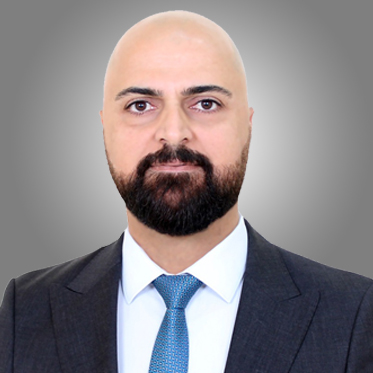Kurdish voters are being intimidated by security forces at Kirkuk polling centers: K24 reporter

ERBIL (Kurdistan 24) – Security forces in polling centers in Kirkuk are giving Kurdish voters a hard time, one of the many obstacles facing Kurdish voters trying to cast their ballots in the city, a Kurdistan 24 correspondent in Kirkuk reported on Sunday.
“The voting process in Kirkuk is very problematic,” Hamin Dalo, Kurdistan 24’s correspondent in Kirkuk said.
According to Dalo, Kurdish voters have had to deal with malfunctioning voting devices, polling centers opening late, and security forces giving them a hard time as they try to vote.
Dalo believes this is part of a deliberate effort to prevent Kurds in Kirkuk from voting.
The Kirkuk-based election expert Ali Qadir told Kurdistan 24 that electronic voting devices didn’t work at some polling centers in the city. He said this was because staff at the Independent High Electoral Commission Iraq (IHEC) in Kirkuk did not receive proper training on how to use these devices ahead of the election.
“These difficulties meant that voters got frustrated and went home without casting their votes,” Qadir said. “Kurdish people should vote despite the challenges, to prove the Kurdistani being of Kirkuk.”
Qadir stated that some stations at the polling centers were completely closed because the voting devices in those stations didn’t work.
“There are too many security forces at the polling centers,” he said, adding that their presence made voters feel intimidated.
“We reported all violations to IHEC,” he said.
Dalo said that the turnout in Kirkuk so far was 19 percent.
He also broke down the percent of votes across Kirkuk’s three constituencies.
“17.64 percent voted at constituency 1 (Kurdish majority area), 17.14 percent at constituency 2 (a mixed ethnic area), and 25.24 percent at constituency 3 (Arabic majority area),” he said.
“A total of 13 seats (in the Iraqi parliament) are allocated for Kirkuk province, including five seats in constituency 1, four seats in constituency 2, three seats in constituency 3, and one seat for the Christian quota,” Dalo concluded.
